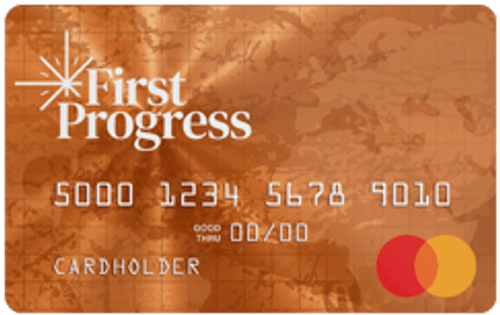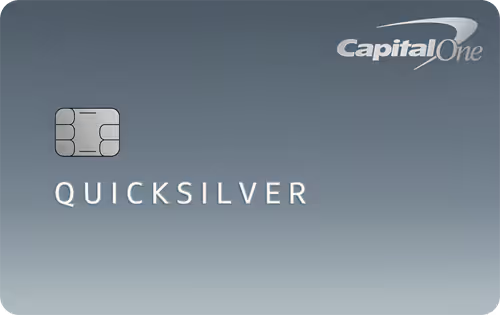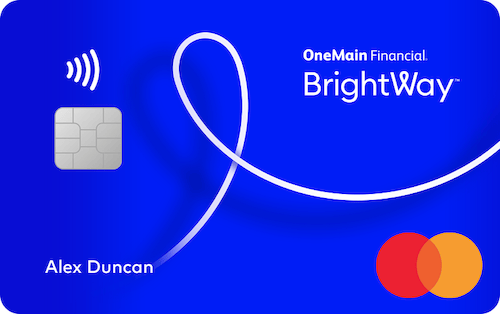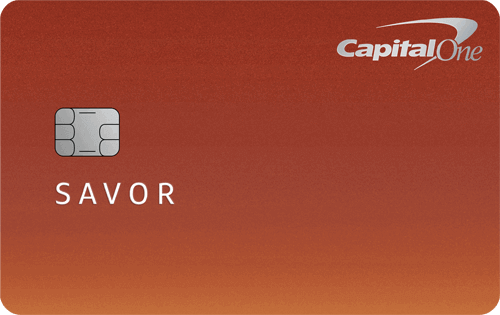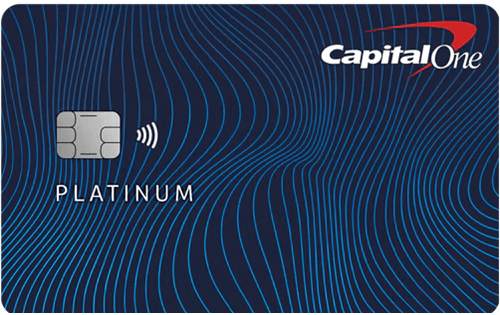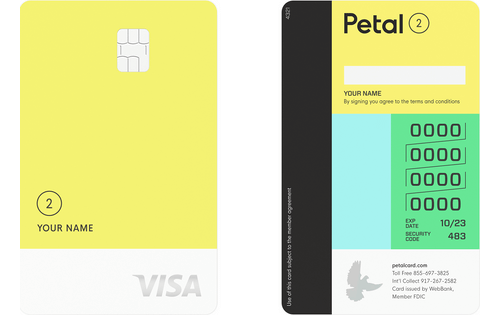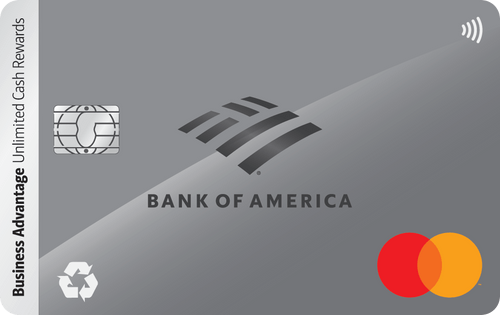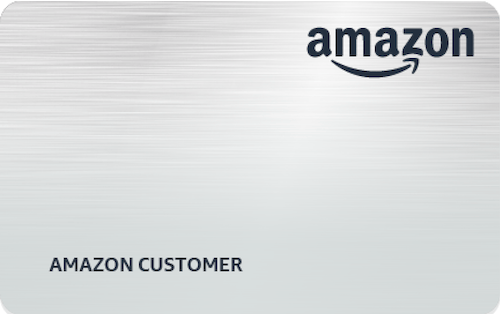- 5 Tips That Make It Easy to Get a Credit Card
- Easiest Credit Cards to Get in February 2026 Compared
- Methodology
- Sources
- About the author
- User questions & answers
5 Tips That Make It Easy to Get a Credit Card
You already have a major head start when it comes to finding an easy credit card to get. But we Hubsters are generous, so here are a few more pointers to ensure success.
1. Check Your Credit & Cash
You can’t know what you need without first assessing what you have. So check your credit score, review your free credit report and take stock of how much money you can attribute to monthly credit card payments. This will help narrow your options a lot as well as pay dividends in terms of account management.
2. Compare, Compare, Compare
Once you know what type of credit card you need, you should decide which terms are most important to you – no fee, rewards, 0% APR, etc. Then directly compare offers until you find the best deal.
3. Start with a Secured Card
The easiest credit cards to get are secured credit cards with no credit check such as the opensky® Plus Secured Visa® Credit Card because mistakes from the past or a limited credit history won't prevent you from being approved. The opensky Plus Card is an especially good choice because it has a $0 annual fee. It also reports monthly to the major credit bureaus, allowing you to build credit.
Getting a secured card will enable you to start the credit-building process as soon as possible. It will also give you complete control over your spending limit and help you avoid racking up debt, since your limit usually equals the amount of your security deposit. A secured card obviously won’t give you an emergency loan, though.
Unfortunately, decent unsecured credit cards for people with bad credit don’t really exist. They tend to charge high non-refundable fees and even higher interest rates in return for only a small amount of borrowing power. That’s why we always recommend biting the bullet and placing a deposit on a secured card.
4. Don't Forget Store Cards
Retailer-affiliated credit cards are surprisingly useful credit-improvement tools as they’re usually available to anyone with fair credit or better. Plus, very few of them charge annual fees and the best of the bunch offer some really great rewards.
5. Get Your Priorities Straight
When credit-improvement is your top priority, a low annual fee (or no annual fee) is the most important thing to look for in a credit card. Most credit-score damage involves missed payments, after all. So you should try to save as much money as possible, if only to build an emergency fund. Besides, if you have bad credit, you’re unlikely to qualify for good enough rewards or a low enough interest rate to warrant paying an annual fee when fee-free options are available.
Easiest Credit Cards to Get in February 2026 Compared
Some of the easiest credit cards to get are from banks that aren’t really household names. If you’d feel more comfortable with a card from a big bank, you can see a breakdown of the best options below.
| Card Name | Best For | Annual Fee | APR | Editor’s Rating |
| opensky® Plus Secured Visa® Credit Card | Easiest to Get | $0 | 28.24% (V) | 4.5/5 |
| Capital One Quicksilver Secured Cash Rewards Credit Card | After Bankruptcy | $0 | 28.99% (V) | 5/5 |
| Capital One Platinum Credit Card | No Credit | $0 | 28.99% (V) | 4/5 |
| Capital One Savor Student Cash Rewards Credit Card | Students | $0 | 18.49% - 28.49% (V) | 4.7/5 |
| First Progress Select Secured Mastercard® | No Bank Account | $39 | 17.49% (V) | 3.3/5 |
| OneMain Financial BrightWay® Card | Unsecured | $0 - $89 | 35.99% | 3/5 |
| Amazon Secured Credit Card | Online Shopping | $0 | 10% | N/A |
Methodology for Selecting the Easiest Credit Cards
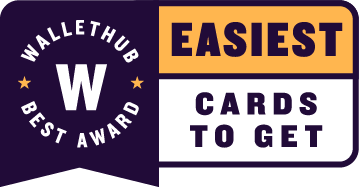 To select the easiest credit cards to get approved for, WalletHub’s editors compare more than 1,500 credit card offers based on their approval requirements for new applicants. We also consider their fees, rates, rewards, credit score requirement, and other notable features. Two-year cost is used as a tiebreaker between cards that are equally easy to get.
To select the easiest credit cards to get approved for, WalletHub’s editors compare more than 1,500 credit card offers based on their approval requirements for new applicants. We also consider their fees, rates, rewards, credit score requirement, and other notable features. Two-year cost is used as a tiebreaker between cards that are equally easy to get. How Two-Year Cost Is Calculated
Two-year cost is used to approximate the monetary value of cards for better comparison and is calculated by combining annual and monthly membership fees over two years, adding any one-time fees or other fees (like balance transfer fees), adding any interest costs, and subtracting rewards. Negative amounts indicate savings. When fees or other terms are presented as a range, we use the midpoint for scoring purposes.
Rewards bonuses and credits have been taken into account for two-year cost calculations. However, bonuses applicable to only a very small portion of cardholders are not considered. For example, credits and bonuses awarded for spending or redeeming rewards through a company portal with non-co-branded cards have not been taken into account. Similarly, bonuses and credits related to spending with specific merchants using a non-co-branded card have not been taken into account (for example, if Card A offers credits with DoorDash, this feature would not be factored into calculations because it is hard to assess how many cardholders would use the benefit or exactly how much value they'd get from it).
Cardholder Spending Profiles
Given that people have differing goals and are likely to use their credit cards differently, we identified spending profiles that are representative of people’s varied financial priorities and behaviors. For each cardholder type, we have assumed a specific amount of monthly spending by purchase type (e.g., groceries, gas, etc.), as well as an average balance, balance transfer amount, amount spent on large purchases and average monthly payment. Spending assumptions are based on Bureau of Labor Statistics data for consumers and PEX data for businesses.
Sources
WalletHub actively maintains a database of 1,500+ credit card offers, from which we select the easiest credit cards to get for different applicants as well as derive market-wide takeaways and trends. The underlying data is compiled from credit card company websites or provided directly by the credit card issuers. We also leverage data from the Bureau of Labor Statistics to develop cardholder profiles, used to estimate cards’ potential savings.

